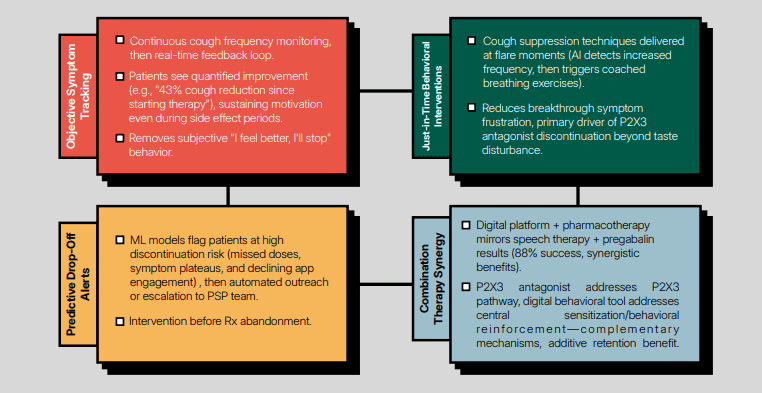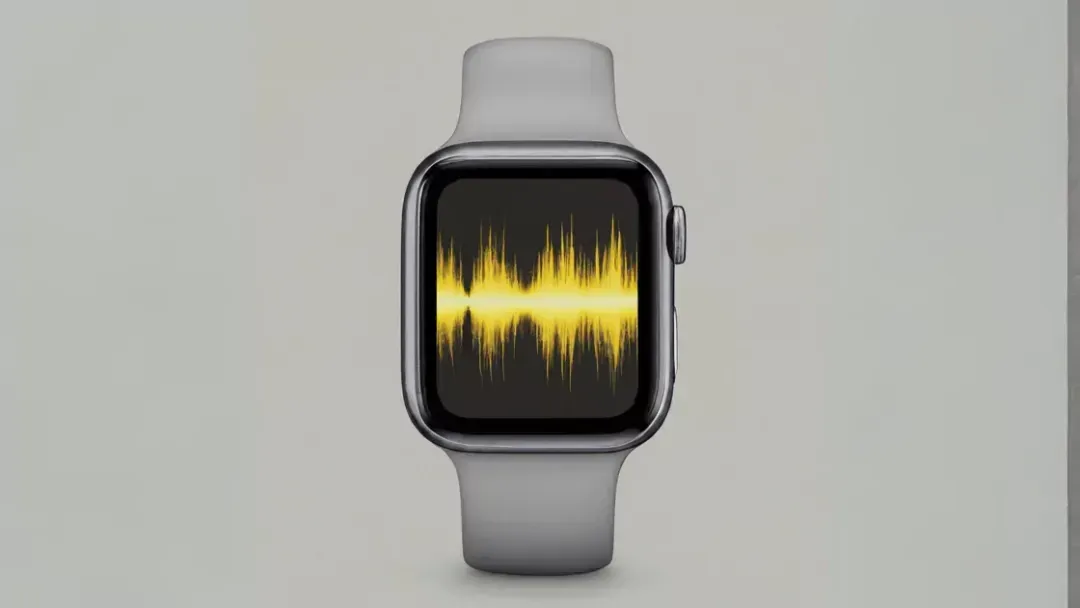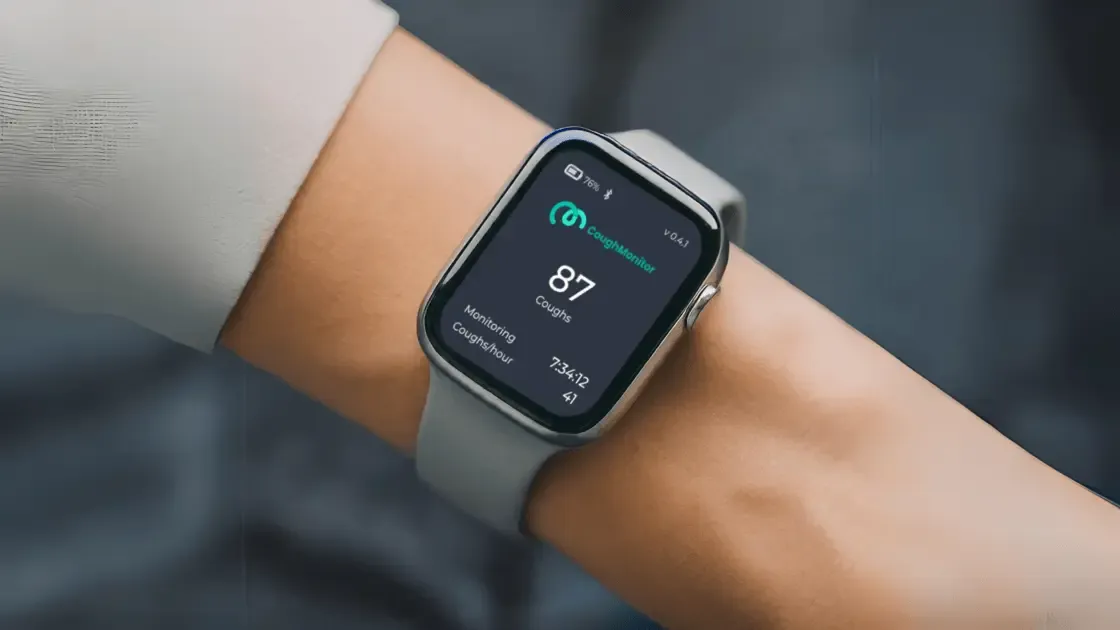Insights
Get expert insights into cough science, monitoring and research
Get expert insights into cough science, monitoring and research





















I’ve been a heart failure cardiologist for over 25 years, trained at McGill and Stanford University. My principal role has been leading a large heart failure clinic where we see thousands of patients living with heart failure. Throughout my career, I’ve been involved in numerous clinical trials, and my primary research focus now is identifying early markers of decompensation in patients with heart failure and low ejection fraction. We aim to predict when patients transition from stable heart failure to overt heart failure, which is a critical challenge in clinical care.
I lead a large biorepository called the Courtois Cardiovascular Biorepository, which includes nearly 4,000 participants who have undergone deep phenotyping. This means we collect extensive data, including laboratory results, electrocardiograms, heart and carotid MRIs, exercise data, digital health data, and detailed patient questionnaires.
We use this data to better understand who develops heart disease, who remains healthy, and, importantly, which patients respond well to treatment and which do not. Our goal is to advance personalized medicine by creating predictive signatures using artificial intelligence. These signatures help us identify individuals at higher risk of developing heart disease or experiencing complications, allowing for earlier interventions.
Cough isn’t something we typically discuss much in heart failure. We primarily focus on shortness of breath, particularly orthopnea, which is shortness of breath when lying down. This occurs because the heart struggles to either accommodate or pump blood effectively, leading to fluid accumulation in the lungs - a condition called pulmonary edema.
While shortness of breath is the most commonly recognized symptom, cough is also a key but often underappreciated symptom. Many heart failure patients experience cough when lying down due to fluid buildup in the lungs. It’s a symptom that can cause significant discomfort and may be an early sign of decompensation.
Yes, this is an area of particular interest to me, which is why I find Hyfe’s work so compelling. I want to understand whether we can document cough frequency in patients with heart failure and use it as an early indicator of fluid accumulation in the lungs.
If we could detect increased coughing, especially while lying down, as an early sign of decompensation, it could transform heart failure management. Ideally, we would use cough as a biomarker to detect fluid buildup before it reaches a critical stage, allowing us to intervene early with diuretics and potentially prevent hospitalizations.
Looking forward, I envision a study where we monitor patients discharged from the hospital after an acute heart failure episode. The first 30 days after discharge are the highest-risk period for fluid reaccumulation and readmission.
My goal would be to send these patients home with Hyfe’s cough monitoring technology and track their cough frequency, particularly when lying down. If we could identify those who begin coughing more frequently and correlate that with decompensation, we could intervene earlier with medication adjustments and avoid hospitalizations.
Ideally, this approach would be combined with other monitoring technologies - such as heart rate, oxygen saturation, blood pressure, and heart rate variability - to create a comprehensive remote monitoring system. The potential for integrating these technologies could significantly improve heart failure management and patient outcomes.
I am very excited about the potential of cough monitoring in heart failure management. If we can validate cough as an early biomarker for decompensation, it could lead to a significant shift in how we monitor and treat patients, ultimately improving their quality of life and reducing hospital admissions.



